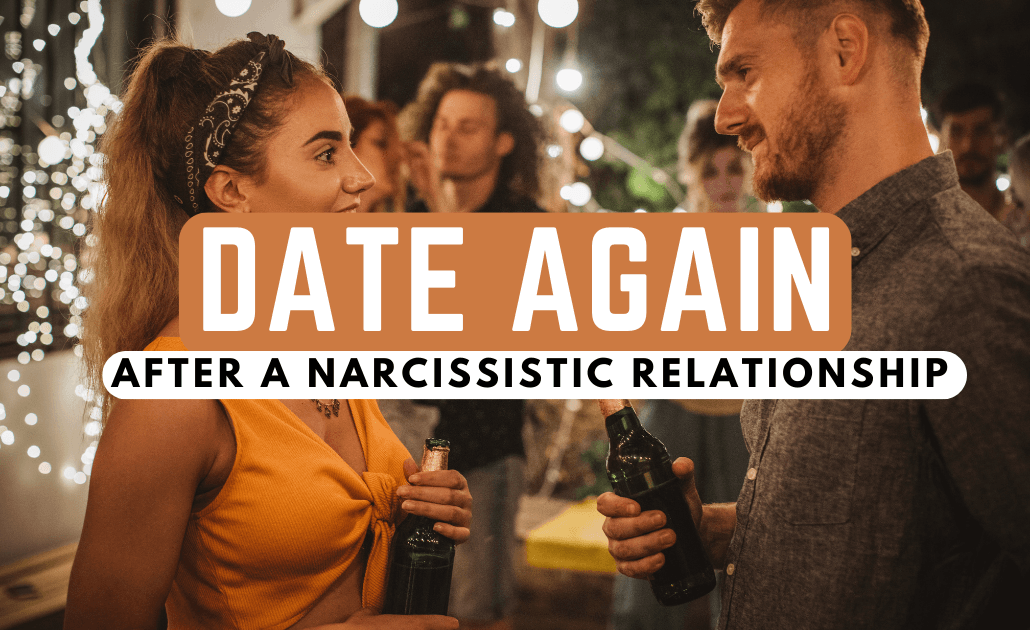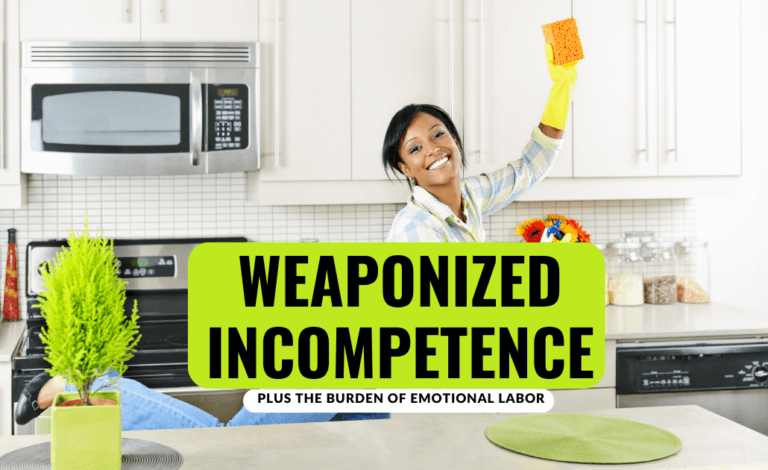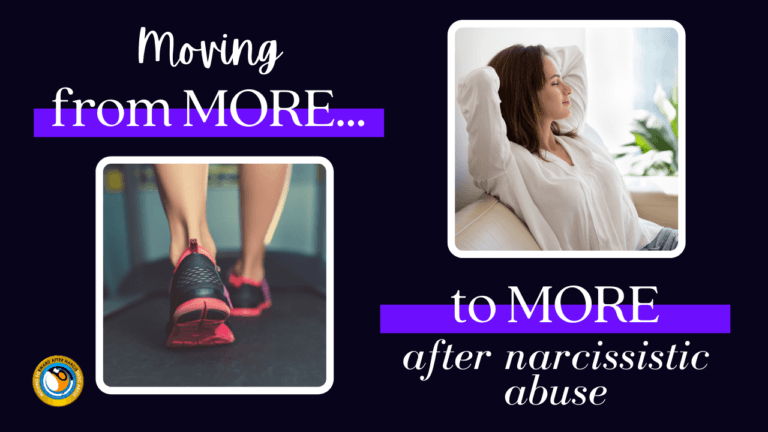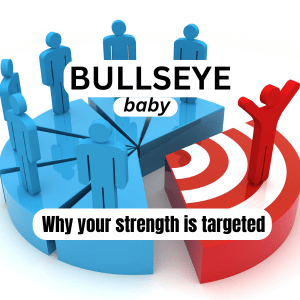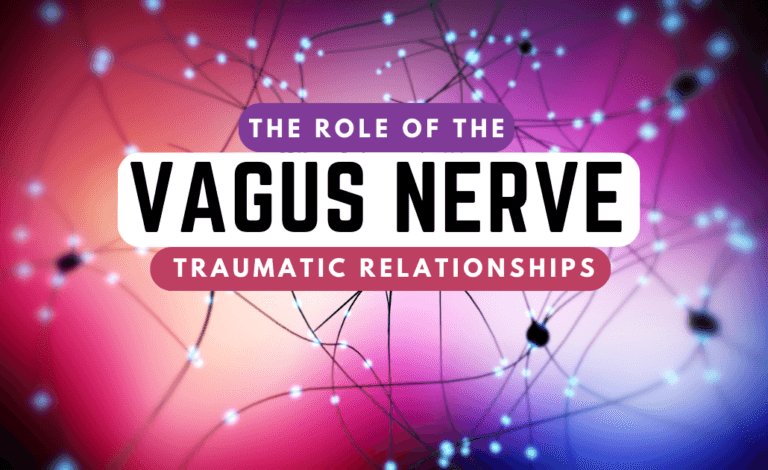How to Date Someone Who Has Been in a Narcissistic Relationship: 8+ Things to Know
If you are thinking about dating someone who was in a prior narcissistic relationship, this article is for you.
When someone has been in a narcissistic relationship and has healed from it, it will change them from who they were before to where they are now in their life.
There are many things to know and this article is to provide a level of guidance on how best to interact, and learn a bit about where they have come from and to set you up for success should you find yourself in this situation.
Please note that as you learn more about your partner and where they have come from, there will be times that you will also learn more about yourself, your own triggers, and learn about your own behaviors, which can also help to increase your relationship foundation.
Table of Contents
Learn About Narcissism
Before we dive in, I want to address how it’s becoming more common for someone to have a background where there in an emotionally damaging relationship – and has suffered trauma due to it.
It’s wise to learn about narcissism as a whole, learn the traits, the tactics and how people slowly recover from it and the challenges they face.
Our site is geared just for that, there are articles here that cover the broad spectrum of narcissism (and we have videos on our YouTube Channel), from growing up in a narcissistic family environment, to being the family scapegoat or golden child, to marriages and dating partnerships, to even the widespread global scale of it. Browse the categories we have as we are continuing to expand.
Too, we have a Podcast, which is available on all major networks, check it out here.
If this is your first time here, welcome.
They Have an Evolving Outlook
No matter what stage of their healing journey your potential partner is in, they have probably gained a new outlook on life.
They will see things different and they will continue to evolve as they continue to learn new things about themselves.
The healing and recovery path is not linear, so the survivor in this type of situation has had to undergo a very impactful journey to recovery to even get to begin to date and trust another individual again.
The journey is ongoing. Just because someone has done the work to heal and they are not in the midst of the chaos, they were once in, they will still have emotional and relational triggers which may carry over. Learn about PTSD and Complex PTSD and the differences between each.
It is common for survivors of narcissistic abuse to have Complex PTSD symptoms, suffer with hyper-vigilance at times and have other carry-over symptoms which are manageable.
Tips to Date Again after a Narcissistic Relationship
Dating someone who has been in a narcissistically abusive relationship requires understanding, patience, and sensitivity. Survivors of such relationships often carry emotional scars and may have challenges when it comes to trust, self-esteem, and forming healthy connections (at least…).
Here are some tips for dating someone who has been in a narcissistic abusive relationship:
Build Trust Slowly: Trust is a fragile aspect for survivors of narcissistic abuse. Be patient and understanding as they take time to open up and trust you. Show consistency, reliability, and honesty in your actions and words.
Respect Boundaries: Survivors may have difficulty setting and enforcing boundaries due to their past experiences. Be respectful of their boundaries and communicate openly about your own boundaries as well. This will help create a safe and comfortable environment for both of you.
Someone who has successfully gone through the stages of healing, will develop new and different boundaries to them, which has been a process (and may still be). They will have keen insight to you as to whether you respect their boundaries or not.
If you push their boundaries or choose not to respect them, and/or override them, you will not sit well with your new potential partner. Your partner may not even speak up and share that they noticed how you handled them, they will just feel like something is off, and what it boils down to is lack of respect, which they have become intuitive to, and will slowly back away from you.
Boundaries are all about respect. Respecting their personal space, their wishes and they do not want to be coerced into doing things which are outside of their comfort zone.
Communicate Clearly: Open and honest communication is crucial. Encourage your partner to express their feelings, thoughts, and concerns without fear of judgment. Active listening and validation are important in making them feel heard and understood.
Avoid Pressure: Avoid pressuring your partner into quick commitments or rushing the relationship. Give them the time and space they need to feel comfortable and secure.
Be Empathetic: Show empathy and validate their emotions. Survivors may have complex feelings of guilt, shame, or anxiety. Let them know that their feelings are valid and that you are there to support them.
Have real empathy. Survivors of narcissistic abuse have been able to detect if the empathy you claim to have is real. In this article here we share all about fake empathy and what to look for when someone has displayed tactics of fake empathy.
Encourage Self-Care: Encourage your partner to prioritize self-care and well-being. This can include activities that promote relaxation, self-reflection, and personal growth. Self-care is essential for healing and rebuilding self-esteem.
Be Patient with Triggers: Narcissistic abuse survivors may have triggers that remind them of their past trauma. Be patient and understanding if certain situations or conversations cause them distress. Learn to recognize these triggers and be prepared to offer support.
Lead by Example: Demonstrate healthy relationship behaviors and communication. Show them what a respectful and caring relationship looks like through your actions.
Be a person of your word. Let your words line up with actions.
When a survivor of narcissistic abuse goes through the healing process, they learn to separate words someone has told them from actual actions.
You see, they were love-bombed in the past, and they learn that words may not always matter, what matters and what they will look for is you actions consistently lining up with the spoken word.
Words alone do not carry the weight alone. We have been trained to be skeptical of positive affirming words as a method to communicate only.
They Don’t Have Time For Games: No mind games, no manipulative games. No coercive techniques. No covert tactics. They will filter and vet you out, if you start to play obnoxious games. They have no tolerance to the games anymore from all they have been through, and yes they can see the games from afar.
Their intuition is rock solid. They have learned to rely on it, over what you tell them, and they will act on it. Be genuine. Be authentic.
Do Not Look Down on Them: What they endured was not their fault. Do not belittle them, do not pity them. Do not feel sorry for them. Yes, you can empathize with them and have compassion but don’t try to make their situation for what they endured small or insignificant. Grasp the depth of the situation they went through and have an understanding heart and be open-minded to it.
Read About the 33 Tactics Narcissists Use
Don’t Feel as if it’s Your Responsibility to Solve Their “Problem”: A survivor of narcissistic abuse when they think about dating again, probably or should have done the hard work and has gone through the internal work to get to a certain stage in their life, which they should be immensely proud of.
They did the work, by themself and/or with the help of a coach/therapist/alternative healing modality, etc, and they stand proud, accomplished, have their self-esteem rebuilt and have depth and a positive framework in their mind.
They have changed and they have gone through personal growth. They do not need you to coach them (especially if you have no idea what they really went through), but you can be understanding and listen to them when they share and talk about things and when they explain why they do the things they do.
Remember that every individual’s healing process is unique. Your role as a partner is to provide support, understanding, and a safe space for your loved one to heal and grow.
Have you been in a narcissistic relationship and wish to start dating again? Are you considering to date someone who has been through narcissistic abuse trauma? Have these tips been helpful?Or perhaps you. have been in a relationship with a narcissist and wish to go solo. Do you have additional tips you wish to share? Feel free to drop you comments below!
date date date date date date date date
